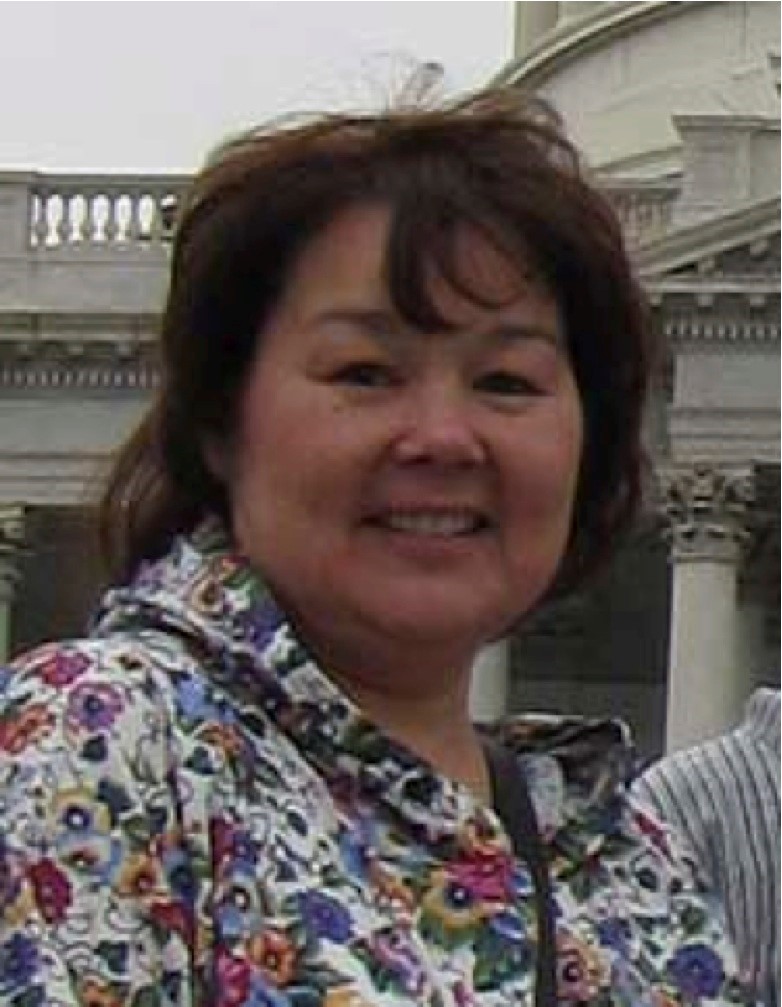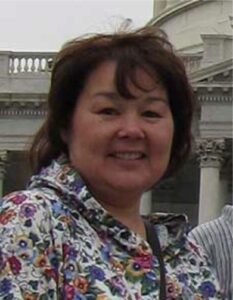
Kim Williams Guest Blog: Pebble Is Not a Victim

Kim Williams testified before Congress in June. She was the lone voice for Bristol Bay at the hearing.
Guest Blog: Kim Williams is the Executive Director of Nunamta Aulukestai, a coalition of ten Alaska Native Village Corporations and Alaska Native Tribes. Nunamta is a long-time client of Trustees for Alaska. Kim shares her thoughts on testifying before Congress regarding the Pebble Mine.
The House Natural Resources Committee held yet another hearing on the proposed Pebble Mine in June. It couldn’t come at a worse time. Everyone in Bristol Bay is busy filling their nets, smokehouses, and freezers with salmon. Despite the terrible timing, I made time to go to Washington D.C. After all, our region depends on this fishery for our lives and livelihoods.
To the members of the House Committee, Bristol Bay is a far off place they only know about because Pebble wants to build a mine there. But to me, and to others in the region, Bristol Bay is our home, and we’re preparing for the 46 million salmon headed our way.
Although the hearing was ostensibly about the role of the National Environmental Policy Act (NEPA) in the permitting process, it was really just another chance for Pebble to claim it’s been unfairly treated by the EPA. The company claims that EPA’s use of the Clean Water Act to place restrictions on mine waste disposal in our salmon spawning grounds is unfair, and it should be allowed to go through the NEPA process first.
That’s ridiculous.
If Pebble wanted its mine plan to go through NEPA, all it has to do is submit a permit application, which triggers the federal environmental review process. Yet, year after year, Pebble said it would submit its application, and year after year it chooses not to.
After a decade of uncertainty about the threat to our fishery, the Alaska Native Tribes and commercial fishermen in our region asked the EPA to take proactive steps to protect the salmon fishery from the Pebble Project. The EPA is legally obligated to respond to our petition, and it did so. The rest is a matter of public record. After a lengthy and rigorous scientific assessment and public comment period, it proposed reasonable restrictions on mine waste disposal to ensure the future of our fishery. This is what those of us in the region wanted.
No, Pebble isn’t the victim here. And, Congress should quit giving the company a forum to berate the EPA for doing its job – namely protecting the Bristol Bay salmon fishery. The hearing last week was just the latest in a string of congressional hearings where lawmakers spend hours talking about how unfairly Pebble has been treated. I, like most people in Bristol Bay, are tired of being told that when the agency tasked with protecting our environment takes action to protect our home and livelihood from the world’s largest open-pit mine, it is unfair. This message completely ignores that the vast majority of people in Bristol Bay are opposed to this mine and support EPA’s actions.
I’ve lost track of the number of times I’ve traveled to DC to tell our story, and promote the remarkable wild salmon fishery that feeds our nation. It’s a blessing to our people, and I’m proud to be a part of it. I would prefer that Congress stop holding hearings that drag EPA through the mud for doing what those of us in the region asked for. But if Congress does hold another hearing it should hold it here in Alaska, so they can see our home for themselves.
As for those of us in Bristol Bay, we want EPA to finish its 404(c) process, and give certainty to our people that our salmon resource can support us for generations to come. And we will not rest until the threat posed by Pebble is put to bed for good.
Trustees for Alaska represents Nunamta Aulukestai on a variety of issues relating to the Pebble mine, including in state court litigation that successfully challenged the lack of public notice on state exploration permits. Trustees’ helped Kim Williams draft her testimony and prepare for this hearing. Trustees is also representing Nunamta on efforts to ensure that Pebble cleans up the mess and equipment left behind from their exploration activities.
A version of this blog post was originally published as a commentary in the Alaska Dispatch News.


